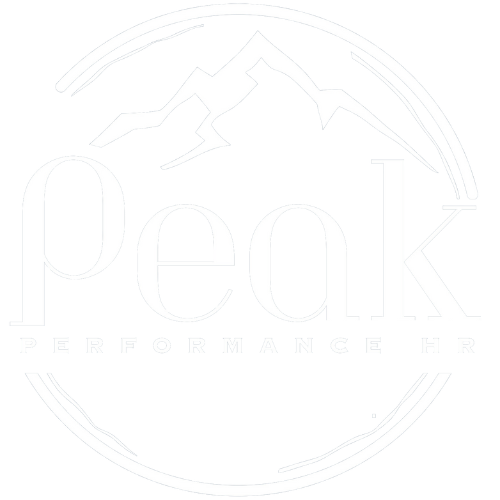Leadership, Careers and Wellbeing
Your Questions Answered
Q: How can I future-proof my career in a changing job market?
A: Adaptability and clarity are key. Focus on developing leadership skills, emotional intelligence, and wellbeing strategies alongside technical expertise. Lifelong learning through coaching, online courses, and networking will keep you competitive. Employers value resilience, confidence, and clarity as much as digital literacy and AI awareness. Align your career with your values and invest in skills that prepare you for leadership roles.
Q: How do I keep my team motivated during uncertainty?
A: Motivation starts with clarity and trust. Communicate openly, involve your team in decision-making, and prioritise wellbeing initiatives to reduce stress. Recognise achievements and provide opportunities for growth through coaching and development. A sense of purpose and belonging is critical so help your team see how their work contributes to the bigger picture.
Q: How can leadership coaching improve performance and prevent burnout?
A: Leadership coaching builds confidence, clarity, and emotional intelligence, key skills that help leaders manage stress and lead effectively. By focusing on wellbeing and resilience, coaching prevents burnout and creates sustainable success. Leaders who feel supported and aligned with their values inspire teams, improve engagement, and drive productivity.
Q: What skills will future leaders need most?
A: Future leaders need a blend of technical and human skills. Digital proficiency and AI literacy are essential, but so are adaptability, emotional intelligence, and critical thinking. Confidence and clarity are vital for leading hybrid teams and navigating change. Investing in leadership coaching now will help you develop these skills and stay ahead.
Q: How can I improve employee engagement and retention?
A: Engagement grows when employees feel valued and supported. Offer leadership development, career coaching, and wellbeing programmes to create a positive culture. Recognise achievements, provide clear progression paths, and embrace flexible working. When people see opportunities to grow and feel aligned with their values, retention improves naturally.
Q: What HR strategies support modern, people-centred workplaces?
A: Modern HR strategies go beyond compliance, they integrate wellbeing, leadership development, and inclusion. Policies should cover equal opportunities, health and safety, and flexible working, but also promote mental health and resilience. Aligning HR with coaching and wellbeing creates healthy, happy workplaces.
Contact Us with your questions.
Contact form
EXPLORE OUR SERVICES...
-

Individual Services
Coaching That Brings Clarity, Confidence and Direction Find the support you need...
-

Business Services
Business Growth and HR Solutions Professional Development, Coaching, and Workshops At Peak...


